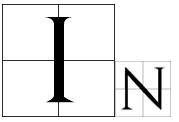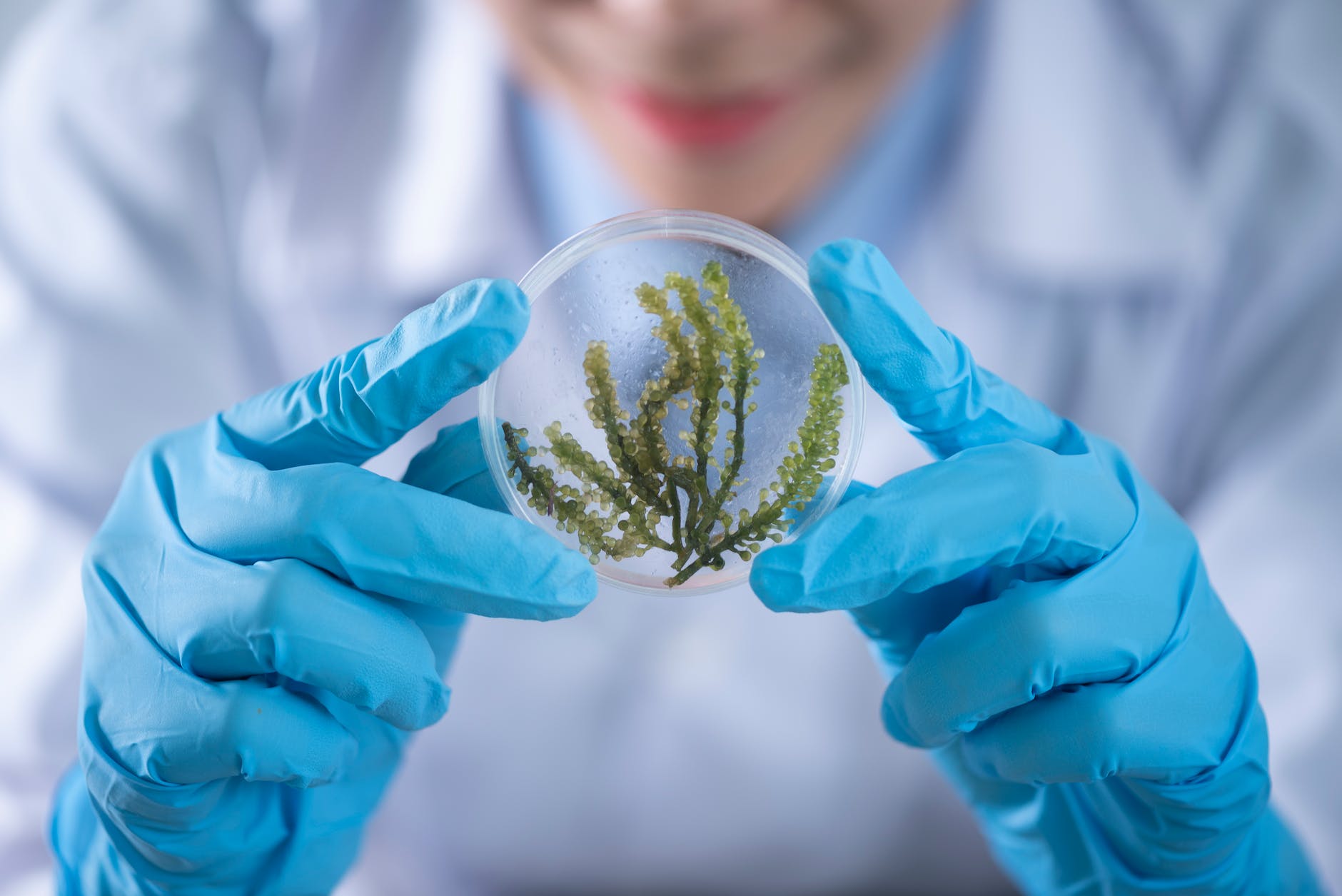 the realm of human progress and innovation, two concepts stand out prominently: discovery and invention. Both play crucial roles in shaping our understanding of the world and creating new technologies and ideas. At first glance, the difference between discovery and invention may seem straightforward, but upon closer examination, we find a fascinating interplay between these two concepts, both simple and complex. In this article, we will explore the nuances that distinguish discovery from invention and understand their significance in various fields.
the realm of human progress and innovation, two concepts stand out prominently: discovery and invention. Both play crucial roles in shaping our understanding of the world and creating new technologies and ideas. At first glance, the difference between discovery and invention may seem straightforward, but upon closer examination, we find a fascinating interplay between these two concepts, both simple and complex. In this article, we will explore the nuances that distinguish discovery from invention and understand their significance in various fields.
The Nature of Discovery
Discovery, at its core, involves finding something that already exists but was previously unknown or hidden from human knowledge. It is an act of unveiling the truths and phenomena that are already part of the natural world or existing principles, waiting to be revealed. Scientific discoveries, for instance, often involve observations and experiments that lead to the identification of new elements, laws of nature, or celestial bodies.
Discoveries can be accidental or intentional, stemming from curiosity, exploration, or the pursuit of knowledge. Throughout history, many breakthrough discoveries were made by individuals who stumbled upon unexpected findings while exploring a different question or problem. The discovery of penicillin by Alexander Fleming is a classic example of a serendipitous finding that revolutionized medicine.
Moreover, discovery can lead to paradigm shifts and changes in our understanding of the universe. When scientists discovered the heliocentric model proposed by Nicolaus Copernicus, which placed the Sun at the center of the solar system, it transformed our perception of the cosmos and challenged the existing geocentric model. The process of discovery often involves rigorous research, keen observation, and the ability to discern patterns and relationships within the natural world.
The Essence of Invention
In contrast to discovery, invention involves the creation of something entirely new, not previously existing in nature or human knowledge. It is an act of human ingenuity and creativity, where individuals or groups design, construct, or devise novel solutions to problems or challenges. Inventions are born out of necessity, imagination, and the desire to enhance human life through new tools, technologies, and systems.
Inventors are visionaries who envision possibilities beyond the current limitations. They use their knowledge, skills, and expertise to develop practical applications and tangible products that address specific needs. Thomas Edison, for instance, is renowned for his prolific inventions, including the electric light bulb, phonograph, and motion picture camera, which shaped the modern world and revolutionized various industries.
Inventions often require a combination of scientific principles, engineering prowess, and creative thinking. The process of inventing involves numerous iterations, trial and error, and refining the concept until a functional and viable product emerges. Unlike discoveries that are waiting to be found, inventions are products of human intellect and resourcefulness, and they can have a significant impact on society and technology.
The Intersection of Discovery and Invention
While discovery and invention may seem distinct, they are not always mutually exclusive. In fact, there is a strong interplay between these two concepts, and often, discoveries lead to new inventions and vice versa. Scientific discoveries, for example, have paved the way for countless inventions. The discovery of electricity and its properties laid the foundation for the development of electrical engineering and the creation of various electrical devices we use today.
On the other hand, inventions can also inspire new discoveries. The invention of the microscope by Antonie van Leeuwenhoek allowed scientists to explore the microscopic world and make groundbreaking discoveries about cells and microorganisms. Similarly, the invention of telescopes and space exploration tools has expanded our understanding of the universe and led to the discovery of distant planets and celestial bodies.
Furthermore, advancements in one field often stimulate progress in another. For example, discoveries in genetics and molecular biology have led to the invention of groundbreaking medical treatments and therapies. The mapping of the human genome opened up new avenues in personalized medicine and genetic engineering, revolutionizing healthcare and agriculture.
Embracing the Symbiosis
In conclusion, the difference between discovery and invention may appear simple on the surface, but their relationship and impact on human progress are complex and intertwined. Discoveries reveal the hidden truths of the natural world, while inventions showcase human ingenuity and creativity in solving problems and improving our lives.
Rather than viewing discovery and invention as isolated concepts, we should embrace their symbiotic nature. The synergy between these two aspects of human endeavor fuels innovation and drives progress in science, technology, arts, and various other disciplines. By valuing both discovery and invention, we create a fertile ground for further advancements that shape the future of our society and our understanding of the universe.
Ultimately, the pursuit of knowledge and the drive to create are fundamental to the human spirit. Whether we are uncovering the mysteries of the cosmos through discoveries or devising new solutions through inventions, we are constantly pushing the boundaries of what is known and what is possible. As we continue to explore, create, and innovate, the simple yet complex difference between discovery and invention will continue to be the driving force behind our collective evolution.
Avid Writer with invaluable knowledge of Humanity!
Upcoming historian with over 30 million views online.
“You make your own life.”





